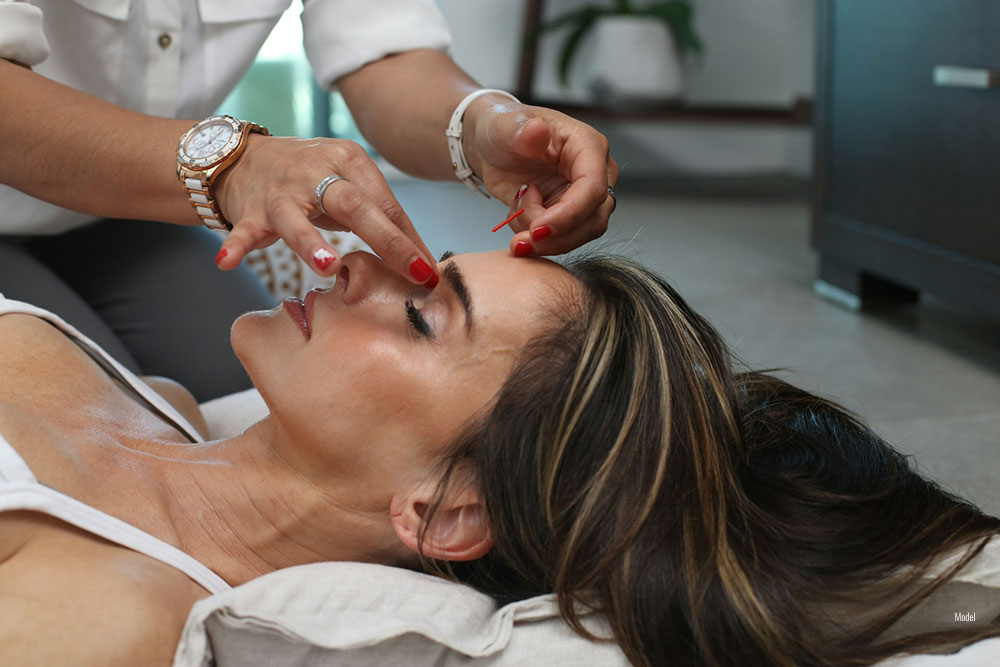Preparing for Cosmetic Surgery: Expert Advice from Top Surgeons

Millions of people each year decide to change something about their looks—hence the growing popularity behind cosmetic surgery. There are lots of procedures you can get. But one thing is true for all of them: you can’t just walk into a surgeon’s office and come out with a new look; it’s not that simple. There’s a whole preparation process involved, and without knowing all the facts about it, things can quickly get overwhelming. So, what does preparing for cosmetic surgery look like, and what is there to know? The truth is, it depends on the surgery.
Nonetheless, we’ve recently picked the brains of the best surgeons from clinics worldwide and have compiled their top advice regarding cosmetic surgery preparation into one place. Then, we’ve singled out the things that apply to all types of surgery and are bringing them to you!
Preparing for cosmetic surgery 101
Plastic/cosmetic surgery is a medical field that’s becoming increasingly popular as the years pass.
Did you know that between 2021 and 2022, there was an 11.2% increase in cosmetic surgeries performed?
Numbers for 2023 haven’t been fully analyzed as of yet. Nonetheless, considering the demand for certain procedures, they are sure to match the growing trend.

More and more people are opting for cosmetic surgery.
If you are interested in joining those who have already had cosmetic surgery, you need to prepare for it properly!
With that in mind, here’s what you must do pre-op to ensure the best possible outcome and the shortest recovery!
1. Determine your goals for plastic surgery
Don’t book a consult with a surgeon until you are crystal clear on what you want.
Ask yourself:
- What exactly bothers you about your appearance?
- How long has it been an issue?
- Are there any non-surgical alternatives?
- How do you think the change will impact your life?
Write down all of your answers and then define your goal.
Be as specific as possible.
After all, the more specific you are, the better your surgeon can help you achieve the desired outcome.

While you’re preparing for cosmetic surgery, ask yourself if you really need it, and write down your answer.
2. Research the procedure you’d like to get
You wouldn’t buy a car without researching it beforehand. The same goes for cosmetic surgery. So, as soon as you’ve figured out what you want, inform yourself about the procedure.
You want to investigate:
- What does the procedure involve?
- What are the potential risks?
- How long does recovery last?
- What results can you realistically expect?
Don’t rely on the before-and-after photos on clinic websites. They’re nothing but the best-case scenario, not a guarantee.
Instead, look for results published in medical journals and patient forums.
If you’re unsure about something or research alone doesn’t solve all your queries, remember to note them down and consult a surgeon for answers.
3. Choose a highly-qualified surgeon
Your choice of surgeon highly influences the outcome. You may be tempted to pick the first name that pops up on Google or the one with the prettiest Instagram account. Don’t do it!
You want your surgeon to have board certification and years of experience, specifically with the procedure you want.
Look at the before and after photos of their actual patients and the reviews they left. Take these with a grain of salt, however, as:
- A: The photos may be the best results (not the ones you’ll get),
- B: People are more likely to leave a review when they’re unhappy.
Now, say you found a surgeon who ticks all the boxes. You still need to meet them in person to make sure you’re comfortable with them.
During the consultation with a surgeon, don’t hesitate to ask questions and share your goals with them. But even if you don’t speak up first, a high-quality surgeon will prompt you to discuss your wishes and expectations to ensure you’re both on the same page. In order to achieve natural-looking results, it is crucial to discuss visions and goals with the patient because sometimes what is natural to one person isn’t necessarily natural to somebody else.
Of course, if you aren’t happy with the first opinion, you can get a second or even a third! This is your body we’re talking about, after all, and choosing your surgeon is not the time to cut corners.
4. Learn what to expect during the recovery phase
Recovery isn’t instantaneous. Depending on the surgery, it can take days, weeks, or even months to recover fully. Ask your surgeon for an estimate of how long the recovery will take and if there are any special care or treatments you might need during it.
As for the side effects of surgery, prepare to experience swelling, bruising, and general discomfort. To get through these in an easier and faster way, make sure you follow your surgeon’s post-op instructions.
It’s also important to understand that you won’t be able to go back to your old way of living right after surgery. So, plan accordingly for your downtime. Arrange help around the house, get sufficient time off work, and stock up on recovery necessities beforehand. These include comfortable clothes, prescribed medications, and items that can make resting easier, such as extra pillows or ice packs.
5. Prepare physically and mentally for surgery
The process of preparing for cosmetic surgery involves mental preparation as much as physical preparation.
On the physical side, you want to be in the best possible health. So, yes, this means saying no to cigarettes and alcohol and eating a balanced diet. You’re also encouraged to exercise regularly, although you’ll want to rest a day or a few days before the procedure (the timeframe depends on the surgery).
Mentally, it’s about going into the process with a positive yet realistic mindset that you get from educating yourself. To do so, feel free to talk to people who have had the procedure, read patient testimonials, or join support groups to ease your worries.

Educate yourself about the procedure you’d like to undergo.
Alt-tag: A person performing research on their laptop while preparing for cosmetic surgery.
Preparing for cosmetic surgery with all the facts in check
As you can see, preparing for cosmetic surgery involves getting all the facts—from figuring out why you want to get it to researching the procedure and finding yourself a qualified surgeon. Now that you know what to do pre-op, it’s time to apply it. Research away, book a consultation, and don’t hesitate to ask questions. It’s your body we’re talking about, after all.




